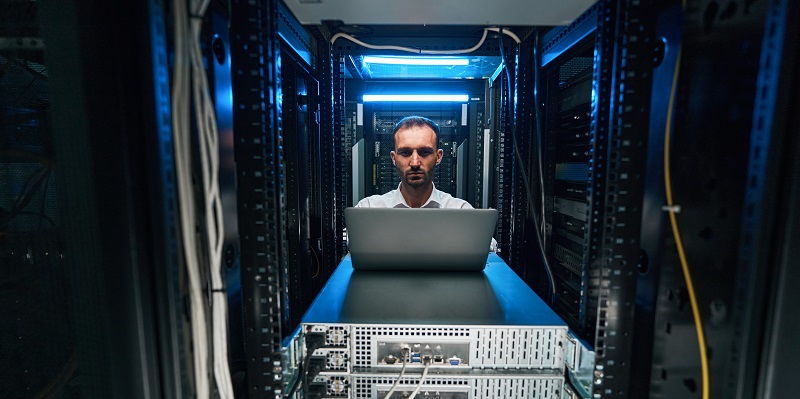In today’s digital age, the demand for data centers continues to surge as businesses rely heavily on technology-driven operations. However, this growth comes at a cost – data centers consume substantial amounts of energy and contribute significantly to greenhouse gas emissions. Recognizing the urgent need for more sustainable practices, regulations and standards are emerging worldwide to promote energy efficiency and environmental accountability in data center operations. This article explores the impact of these regulations, the role of IT leaders, and the imperative for data center managers to prioritize sustainability efforts.
Increasing regulations and standards for sustainability in data centers
As sustainability becomes an imperative for businesses across industries, IT and networking executives must familiarize themselves with the emerging regulations specifically tailored for data centers. One notable report by the Uptime Institute predicts that the focus on energy-efficiency will shift towards IT this year, emphasizing the significance of sustainable practices in data centers. Furthermore, enterprise sustainability responsibilities are cascading down to infrastructure and operations leaders, highlighting the urgency to improve IT’s environmental performance.
Financial Reporting Requirements for Energy Consumption and Greenhouse Gas (GHG) Emissions
In response to heightened environmental concerns, financial reporting requirements now encompass energy consumption and the associated greenhouse gas (GHG) emissions of data centers. As businesses face increasing scrutiny on their carbon footprint, tracking and reporting energy efficiency and GHG emissions has become an essential obligation. Data center and IT managers must prioritize these aspects alongside resiliency, reliability, and performance in their operations.
The European Energy Directive (EED) and its impact on data centers
The European Energy Directive (EED) is a prominent example of regulations driving sustainability in data centers. This directive imposes specific requirements on enterprises with significant energy consumption. If a company has a three-year average energy consumption exceeding 23,600 megawatt-hours (MWh) annually, they are mandated to maintain a certified energy management system (EMS). Compliance with such regulations is crucial to avoid penalties, reputational damage, and to align with the larger sustainability goals of the European Union.
Increasing involvement of IT leaders in sustainability efforts
Given the regulatory environment, IT leaders must play an active role in driving sustainability efforts within their organizations. They need to collaborate with relevant departments to develop and implement energy-efficient strategies for data centers, ensuring adherence to established standards and regulations. By actively participating in sustainability initiatives, IT leaders can mitigate environmental impact, improve energy efficiency, and enhance overall business sustainability.
Equal Importance of Energy Performance and GHG Emissions Reduction in Data Center Operations
Data center and IT managers must recognize the equal significance of energy performance and GHG emission reduction in their operations. While maintaining resiliency, reliability, and performance remains imperative, energy efficiency and reducing the carbon footprint should not be sidelined. By prioritizing both aspects, data center managers can optimize operations, reduce environmental impact, and contribute towards a more sustainable future.
In an era where sustainability is a top priority for businesses worldwide, technology leaders must prioritize efforts to create more energy-efficient data centers. With regulations and standards continually emerging and intensifying, IT and networking executives need to remain updated on environmental requirements specific to data centers. By embracing sustainable practices and adopting energy-efficient strategies, data centers can reduce their environmental impact, achieve compliance, and positively contribute to a greener and more sustainable future.

